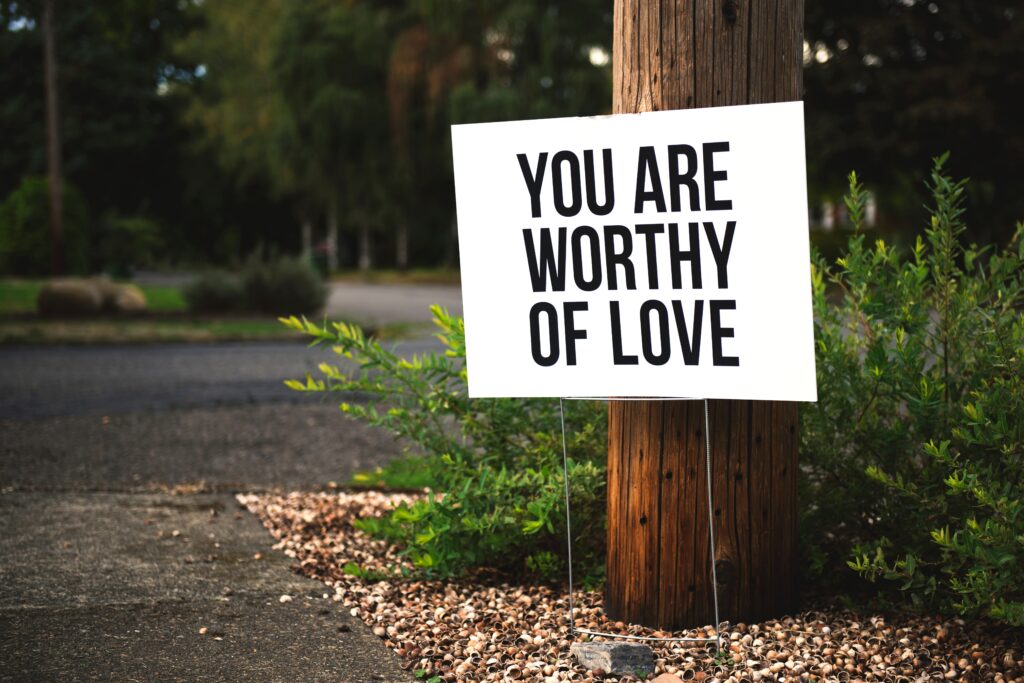Self-Love for People-Pleasers
As a recovering people-pleaser, I struggle almost daily to find the balance between taking care of myself and being considerate of others. Both are important, of course, and I think we all — fellow people-pleasers included — understand and acknowledge that. So why does this struggle exist?
Based on my experience, I think it stems from misunderstanding what “taking care of oneself” and “being considerate of others” really are — and what they aren’t. So, as I’ve progressed on this journey toward better understanding, I’ve started reminding myself of what I’ve learned along the way. I divide it into two parts: reminders of what I have found to be true, and questions to help discern when I am falling back into people-pleasing.
Reminders for the People-Pleaser

- Self-love =/= Self-centeredness. Loving and caring for yourself doesn’t mean you only look out for yourself, any more than loving and caring for another person means they are the only person you care about.
- I have to live with myself for the rest of my life. As I wrote in my last post, your relationship with yourself takes work and time just like your relationships with other people. And, ultimately, your relationship with yourself may outlast your relationships with other people.
- I can’t give my best to anyone else if I’m not allowing myself to be at my best. We’ve heard it said many ways: You can’t pour from an empty cup. Put on your own mask before helping others. But it wasn’t until I heard it put in this way that it really sank in. If you’re constantly putting everyone else first and not taking proper care of yourself, you aren’t giving anyone your best.
- I can’t fix other people’s problems. Nor is it my responsibility to do so. Sometimes (or often) people-pleasing tendencies make us feel as though we have a duty to help fix every problem we see. As though we are failing the people we care about if we can’t help them solve every issue they face. But this simply isn’t true, and trying to fix others can lead us to enable the deeper issues that are actually at work.

Questions To Ask: Is It People-Pleasing or Consideration?

- Am I helping or enabling? Am I actually lending a helping hand, or am I simply making it easier for them to take advantage of me and others?
- Am I breaking a commitment to myself by doing this thing for someone else? Is it worth it? Does this action cross a healthy personal boundary? Is it a sacrifice worth making, or will it lead to more negative consequences?
- What is my motivation right now? Am I acting out of obligation, consideration, or something else? Is this the right thing to do, or have I just convinced myself that it’s right because I feel like I should do it?
- Do I genuinely want to do this? Why/why not? Again, this goes back to your motivation. Is it obligation or love?
While these questions and the above reminders aren’t foolproof, I have found them to be useful. When you are clear on your motivations and priorities, it becomes easier to make healthy choices within your boundaries that benefit both you and the people you care about.

